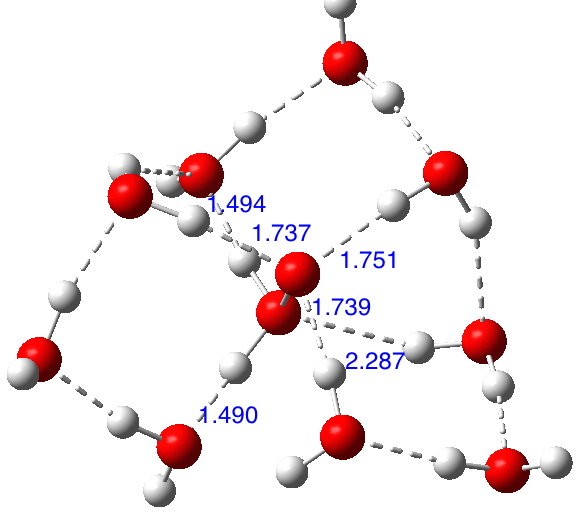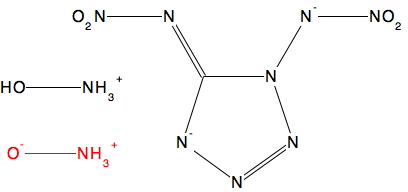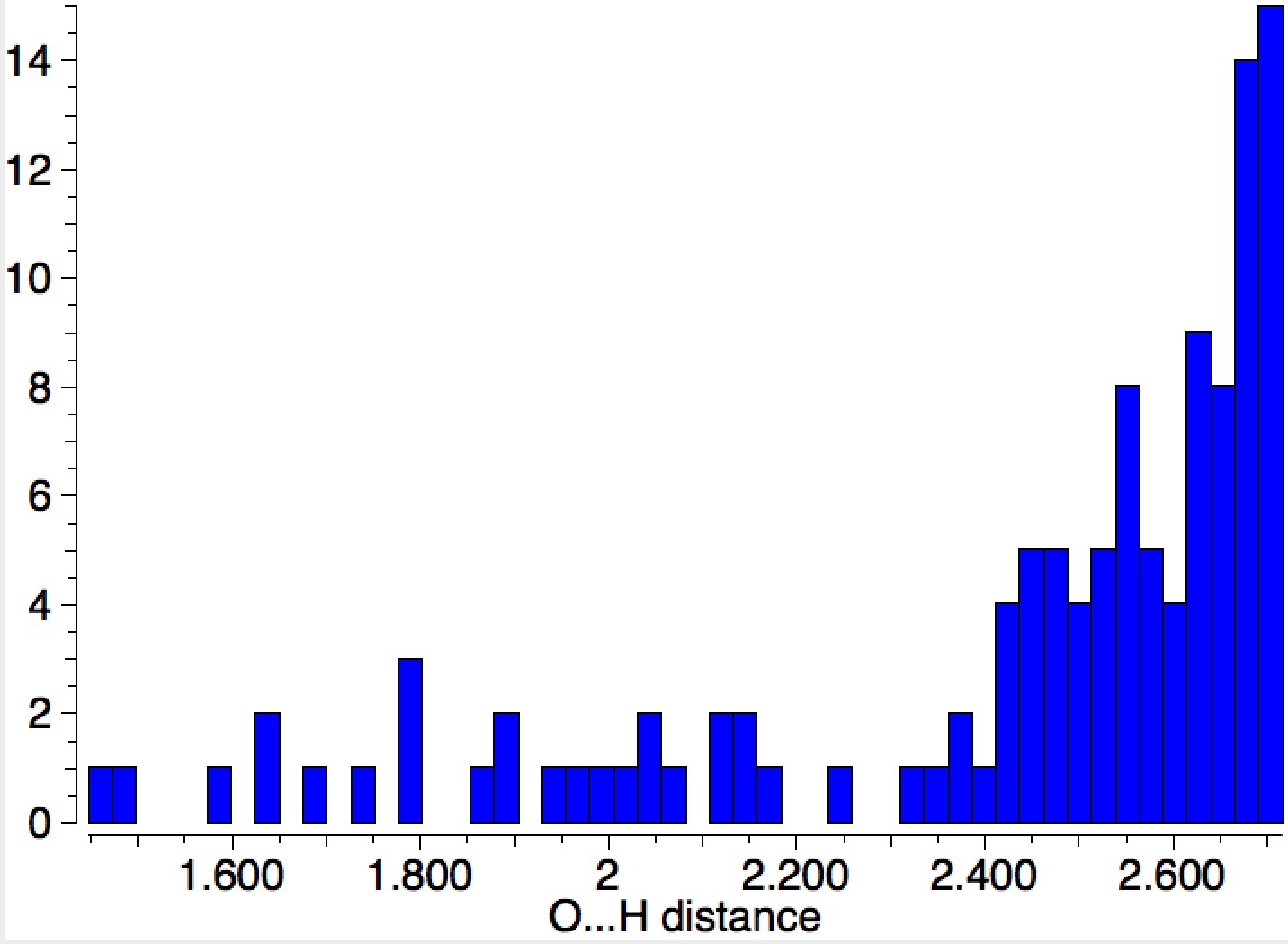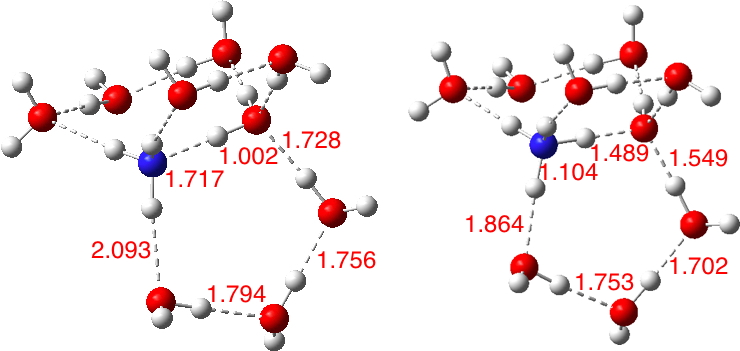
I want to describe a recent attempt by a group of collaborators to share the research data associated with their just published article.[cite]10.1021/jacs.5b13070[/cite] I am here introducing things in a hierarchical form (i.e. not necessarily the serial order in which actions were taken). The data repository selected for the data sharing is described by (m3data) doi: 10.17616/R3K64N[cite]10.17616/R3K64N[/cite] A collaborative




